Spring and Winter (1996)
Gênero : Fantasia
Runtime : 9M
Director : Rachel Feinstein
Sinopse
Feinstein's "Spring and Winter" explores themes present throughout her oeuvre. The narrative is derived from Giambattista Basile's "Sun, Moon, and Talia" (1634), which is considered the original version of the "Sleeping Beauty" story. Fairy tales, kitsch, and the intricacies of femininity commingle as Feinstein performs as a paper doll, maiden, and crone. The spaces between the dichotomies of fiction and reality, young and old, sexual and pure are disclosed within the scope of feminine identity within this film.

A young man wakes up one morning to find that his head has transformed into a large cabbage. He quickly becomes a source of bemusement, desire and hostility to all those around him.
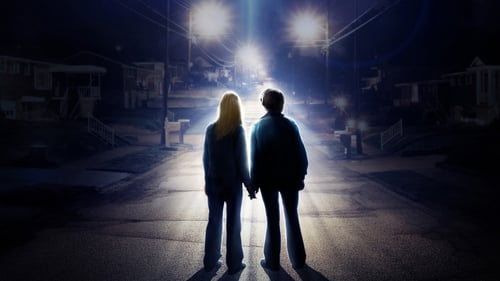
No verão de 1979, um grupo de seis garotos em uma cidade industrial de Ohio testemunha uma catastrófica colisão noturna de uma caminhonete com um trem de carga. Eles registram tudo com a câmera Super-8 com a qual estavam tentando fazer um filme. Não tarda para que eles comecem a desconfiar que aquilo não foi um acidente, quando misteriosos desaparecimentos começam a acontecer e o exército tenta encobrir a verdade (algo muito mais terrível do que eles poderiam imaginar).
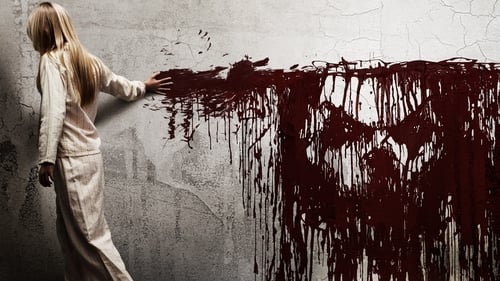
Ellison é um escritor de romances policiais que acaba de se mudar com a família. No sótão da nova casa, descobre antigos rolos de filme que trazem imagens de assassinatos violentos. Intrigado com o que elas representam e com um estranho símbolo presente nas imagens, ele e a sua família logo passam a correr sério risco de vida.
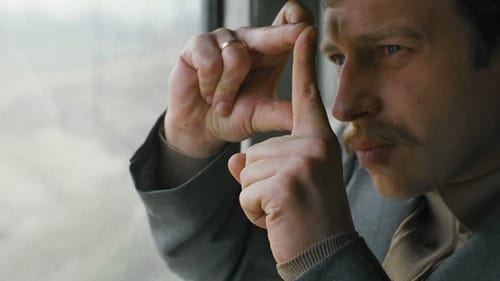
Filip Mosz é um operário que resolve comprar uma filmadora 8 mm para registrar os primeiros dias da filha recém-nascida. No entanto, o que era para ser apenas um hobby se torna uma obsessão. Mosz começa a filmar tudo e todos. Pessoas do cotidiano transformam-se em "astros" de suas produções. Mas não tarda para que o "operário-documentarista" se depare com dilemas éticos, que trarão sérias consequências para ele e sua família.
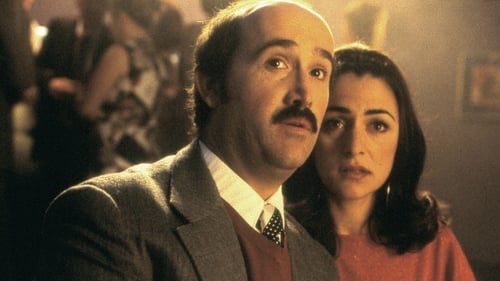
Alfredo Lopez (Javier Cámara) é um vendedor fracassado de enciclopédias, que vive na Espanha dos anos 70. Convidado por seu chefe para um simpósio, ele e sua esposa Carmen (Candela Peña) são surpreendidos com o anúncio do novo projeto da empresa: a confecção de uma Enciclopédia Sexual Visual, que contará com fitas de casais de vários países europeus. A proposta do chefe é que seus empregados rodem seus próprios filmes eróticos, que seriam destinados exclusivamente aos países escandinavos. O casal, em crise financeira, aceita a proposta e inicia suas produções com uma simples câmera Super 8. Essa nova atividade rejuvenesce a paixão do casal, que fica famoso em toda a Escandinávia. Alfredo se empolga com a repercussão e influenciado por seu grande ídolo, Ingmar Bergman, planeja sua primeira incursão em uma película não pornográfica.
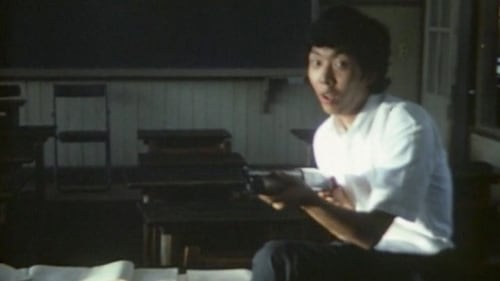
A high school student has a mental breakdown and brings a gun to class. A standoff against the police ensues.

A group of punks steal weapons from a military base.
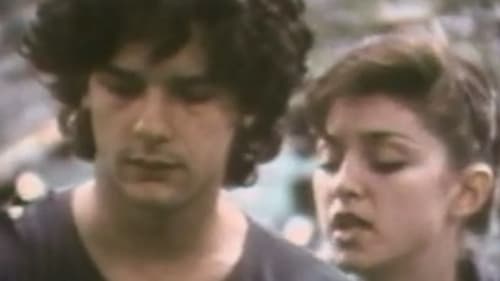
A street-wise teen gets herself in a series of circumstances and mishaps in her meaningless existence.
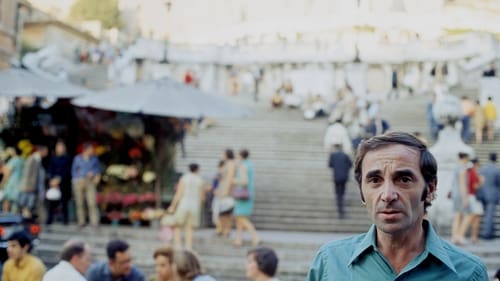
In 1948, French singer Charles Aznavour (1924-2018) receives a Paillard Bolex, his first camera. Until 1982, he will shoot hours of footage, his filmed diary. Wherever he goes, he carries his camera with him. He films his life and lives as he films: places, moments, friends, loves, misfortunes.

SONG 13: A travel song of scenes and horizontals (the Songs are a cycle of silent color 8mm films by the American experimental filmmaker Stan Brakhage produced from 1964 to 1969).

SONG 8: Sea creatures (the Songs are a cycle of silent color 8mm films by the American experimental filmmaker Stan Brakhage produced from 1964 to 1969).

SONG 12: Verticals and shadows caught in glass traps (the Songs are a cycle of silent color 8mm films by the American experimental filmmaker Stan Brakhage produced from 1964 to 1969).

SONG 5: A childbirth song (the Songs are a cycle of silent color 8mm films by the American experimental filmmaker Stan Brakhage produced from 1964 to 1969).
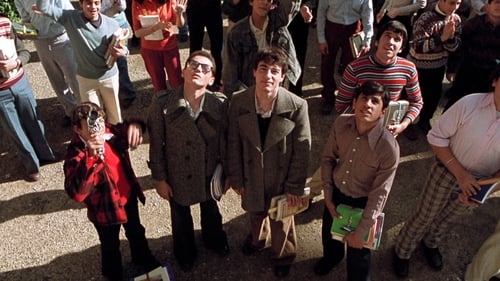
In April, 1975, civil war breaks out; Beirut is partitioned along a Moslem-Christian line. Tarek is in high school, making Super 8 movies with his friend, Omar. At first the war is a lark: school has closed, the violence is fascinating, getting from West to East is a game. His mother wants to leave; his father refuses. Tarek spends time with May, a Christian, orphaned and living in his building. By accident, Tarek goes to an infamous brothel in the war-torn Olive Quarter, meeting its legendary madam, Oum Walid. He then takes Omar and May there using her underwear as a white flag for safe passage. Family tensions rise. As he comes of age, the war moves inexorably from adventure to tragedy.

SONG 14: Molds, paints and crystals (the Songs are a cycle of silent color 8mm films by the American experimental filmmaker Stan Brakhage produced from 1964 to 1969).

SONG 1: Portrait of a lady (the Songs are a cycle of silent color 8mm films by the American experimental filmmaker Stan Brakhage produced from 1964 to 1969).

SONG 11: Fires, windows, an insect, a lyre of rain scratches (the Songs are a cycle of silent color 8mm films by the American experimental filmmaker Stan Brakhage produced from 1964 to 1969).

SONG 10: Sitting around (the Songs are a cycle of silent color 8mm films by the American experimental filmmaker Stan Brakhage produced from 1964 to 1969).

SONGS 2 & 3: Fire and a mind’s movement in remembering (the Songs are a cycle of silent color 8mm films by the American experimental filmmaker Stan Brakhage produced from 1964 to 1969).












